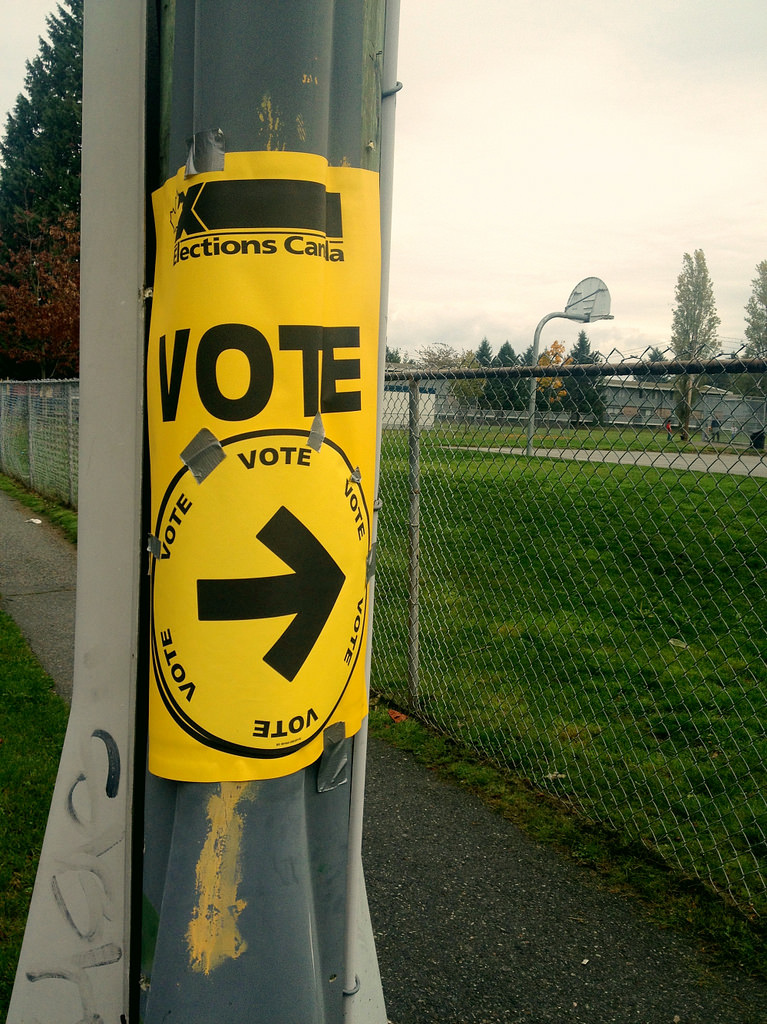| It didn’t take long Wednesday morning before my inbox began to fill with messages from interest groups explaining the real message voters sent nationwide on Tuesday. Forget how Ohio destroyed an effort to legalize marijuana, one of them said. (Although keeping the weed illegal is one good way to make people forget a lot of things.) The real message is that voters are tired of big money politics. That’s why Seattle residents decided to give $100 vouchers to every voter, which in turn may be donated to the candidate of his or her choice. It’s why Ohio voters decided to create a bipartisan commission to redraw political boundaries. Not so, said others. The real message came from Kentucky, where newly elected governor Matt Bevin showed the tea party is alive and well and a force with which to reckon in 2016. Bevin is the first tea |
| | party governor in the land. “Don’t believe establishment media stories about the death of the tea party movement,” said one email. OK. If I see such a story, I won’t believe it. Not to be outdone, the morning news cycle contained a smattering of stories expressing wonder at Salt Lake City voters apparently (as I write this it still isn’t official) electing the city’s first openly gay mayor. While this is indeed noteworthy, most of the reports I saw put this in the context of a conservative, religious state. Not many sources were like The Hill, which did enough homework to properly note that, “Salt Lake City is unique in the state and home to more liberal voters.” This is not to say Jackie Biskupski couldn’t win elsewhere in the state, but it is an important bit of context. The job of a pundit is to put news in perspective and to draw larger pictures from scattered and disparate events. Unfortunately, some scattered, disparate events actually are nothing more than scattered and disparate events. Off-year local elections generally are not evidence of larger trends, they are evidence of local feelings, and often they are nuanced. A glance through history shows how little these elections mean in terms of useful signals for national politics. In 1979, a New York Times editorial said of that year’s races, “If you need a generalization to take all this in, gamble on moderation.” A year later, Ronald Reagan was elected president in what US News has called one of “the most consequential elections in history.” Such things from moderation do not grow. But the elections do have meaning locally. Here are three quick observations: Proposition 1 — If there was a “message vote” in Utah, this was it. Many voters in Salt Lake (where the outcome remains in doubt as I write) and Utah counties seemed of a mind to punish the Utah Transit Authority for past misdeeds, despite evidence that things have changed. A friend of mine who regularly rides the train told me he decided to vote “no” after picking up a flyer aboard a FrontRunner car. It asked for input on how UTA should spend its money. “I figured if they don’t know what to use the money for, they obviously don’t need it,” he said. Davis County School Bond — This measure passed by an impressive margin. Utahns are not afraid to spend more for school facilities if they feel the request is reasonable and measured. The Jordan School District should pay attention. Its $500 million request failed miserably two years ago because it was too large. Maybe there is a vast difference between the types of people who live in Davis County and the Jordan District. I wouldn’t bet on it. Vote by mail — This was the clearest winner of all on Tuesday. Turnout was high, perhaps up to 60 percent or more in Salt Lake City. Expect the state to seriously consider making mail-in voting the norm in all elections. But let’s face it, even these lessons may mean nothing 12 months from now as events change the way we think and the priorities we value. As political analyst Larry J. Sabato has said, “Every election is determined by the people who show up.” Beyond that, little of certainty can be predicted. |


 RSS Feed
RSS Feed

